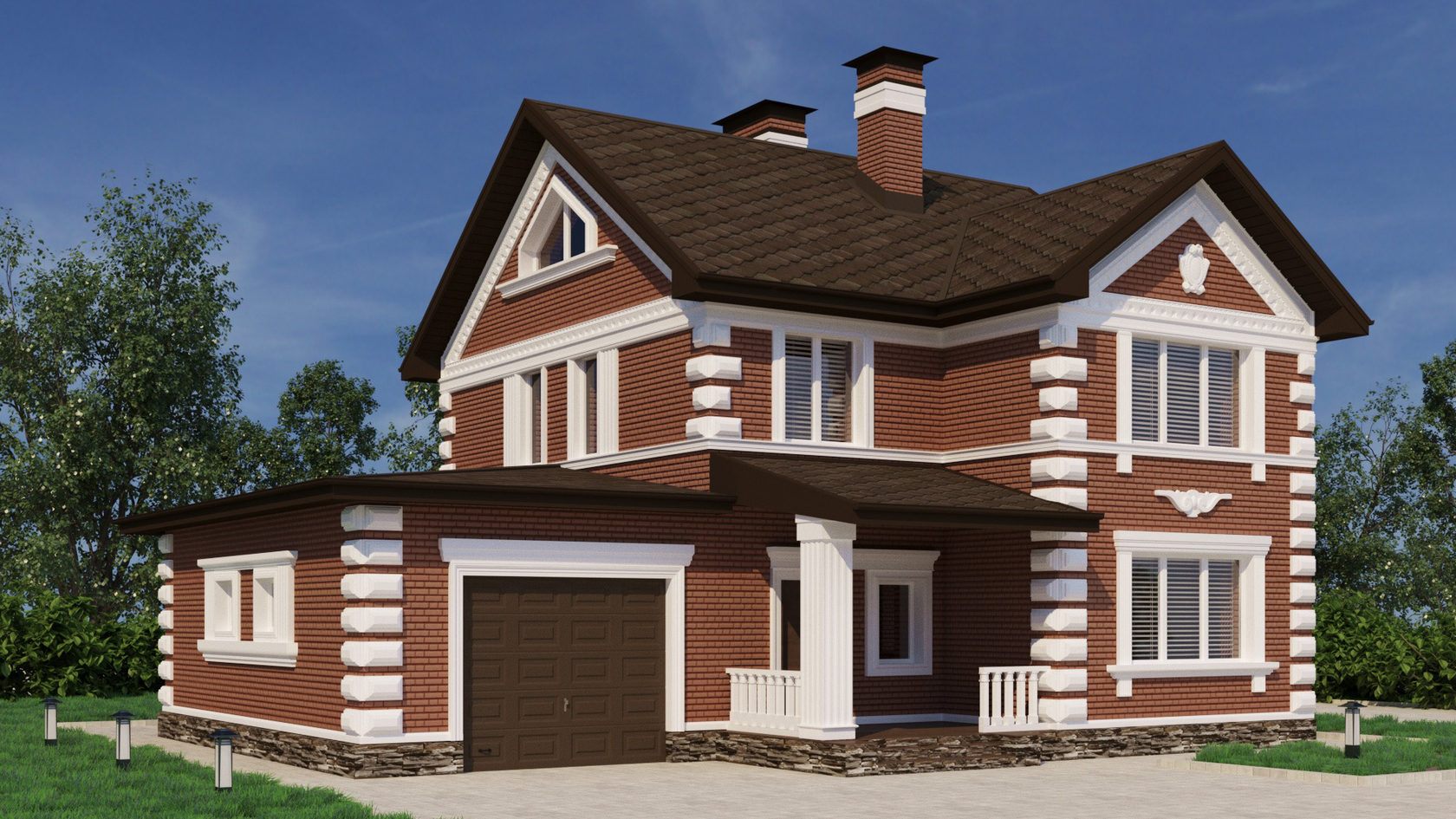Фасадная лепнина – это не только украшение, but also a way to protect the facade from external influences and hide its shortcomings. but, not all stucco materials are equally suitable for different types and styles of buildings. therefore, before choosing stucco, you need to know about its properties, features and requirements for installation and maintenance. In this article we will look at the main types of facade stucco and their characteristics. 
Concrete stucco
Бетонная лепнина – надежный и практичный материал, which is suitable for modern and minimalist style buildings. It has high strength and weather resistance, You can purchase concrete stucco here https://lepnina.ru/products/, in the stucco workshop Peterhof.
Benefits:
- Concrete stucco is a budget material, therefore, its use can reduce the cost of facade work;
- has high strength and resistance to mechanical loads, moisture, temperature and chemicals, not subject to corrosion, rotting and deformation;
- can be made to order or selected from a catalog of finished products, may have different forms, reliefs and colors, depending on the customer’s wishes and the style of the building.
disadvantages:
- requires special technology and equipment for manufacturing and installation, must be made of high quality concrete, which must be mixed correctly, poured into molds and kept under certain conditions. Besides, it must be carefully installed on the façade using anchors and reinforcement;
- has a lot of weight, which requires strengthening the facade and base of the building. This can also create additional stress on the foundation and walls., which can lead to their deformation and cracks;
- may look too rough and cold, if you don’t choose the right color and texture. It may also lose its appearance over time., unless regularly cleaned and painted.
Polyurethane stucco
Полиуретановая лепнина – современный и популярный материал, which is suitable for buildings of different styles and architectural designs. Buy poly
Benefits:
- weighs less, than other types of stucco, and is not subject to deformation and destruction under the influence of moisture, temperature and ultraviolet;
- bends easily and takes any shape, allowing you to create complex and sophisticated patterns. Besides, it is easily attached to the facade using special glue or screws;
- has a smooth and even surface, which can be painted in any color or imitate different textures, such as wood, stone, metal, etc.. There is also a large selection of ready-made polyurethane stucco products in different styles and sizes..
disadvantages:
- refers to expensive materials, therefore, its use can significantly increase the cost of facade work;
- is an artificial material, which can emit harmful substances during production and operation.
Plaster stucco
Гипсовая лепнина – классический и традиционный материал, which is suitable for buildings of historical and cultural significance. It has high artistic value, it can be restored, but you can’t do without special attention and care.
Benefits:
- consists of natural components, such as plaster, water and fiber, and does not contain toxic substances;
- allows you to reproduce the smallest details and nuances of the relief, which gives it high artistic value;
- can be restored in case of damage or wear using special means and technologies.
disadvantages:
- has a lot of weight, which requires strengthening the facade and complex installation. Besides, it breaks and cracks easily with impacts and shifts;
- does not tolerate exposure to moisture and low temperatures, which can lead to its destruction and loss of appearance.
Wooden stucco
Деревянная лепнина – эксклюзивный и элитный материал, which is suitable for high-end and luxury style buildings.
Benefits:
- creates an atmosphere of luxury and comfort, emphasizing the status and taste of the owner. Can be made from different types of wood, such as oak, beech, Pine, larch, etc.;
- has high strength and resistance to mechanical damage. With proper care and treatment it can last for decades, without losing its properties and quality;
- is a natural and hypoallergenic material, which does not emit harmful substances and does not create an electrostatic field.
disadvantages:
- requires highly qualified and experienced craftsmen, who can manufacture and install it in compliance with all rules and regulations. Besides, it belongs to the most expensive types of stucco molding, therefore, its use can greatly increase the project budget.
- susceptible to moisture, fungus, insects and rot, therefore, it must be regularly treated with special antiseptics, varnishes and paints.
Output
Фасадная лепнина – это эффектный и красивый способ украсить здание и придать ему индивидуальность. but, when choosing a material for stucco molding, you need to take into account not only its appearance, but also its characteristics, cost of, service life and operating conditions. Depending on these factors, you can choose the material, which will best meet your requirements.